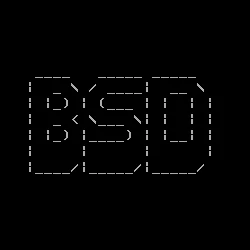DragonFlyBSD 3.4 Has New Packaging System, USB, Compiler

DPorts is the new packaging system for DragonFlyBSD introduced in today's 3.4.1 release. DPorts uses the FreeBSD ports system to provide ports packages for DragonFly users. The default packaging system for now is still using pkgsrc, but dports is now available. Unfortunately, DPorts and pkgsrc can't both be used simultaneously.
On the performance front, there are performance improvements under extreme load. In particular, it seems DragonFlyBSD 3.4 improves performance in cases of heavy processor and disk usage.
When it comes to the default compiler, GCC 4.7 has now replaced GCC 4.4 as the main compiler in this BSD operating system. Older versions of the GNU Compiler Collection remain available, but this new GCC toolchain for DragonFlyBSD 3.4 now finally supports OpenMP and other new functionality.
The new USB stack is "USB4BSD", which isn't the default but can be easily turned on by DragonFlyBSD 3.4 users. This new USB stack for BSD provides for better USB device compatibility and supports XHCI/USB3.0.
Some other changes for DragonFlyBSD 3.4 include a very large number of ACPI changes, some SMP improvements and is now enabled by default, AVX support for 64-bit processors, and various package updates.
For those wondering about the state of the HAMMER2 file-system that's been in development by the DragonFlyBSD project, it's not yet in an operational state. The release notes mention that with DragonFlyBSD 3.4 that HAMMER2 isn't even operational yet for developers. New support though for HAMMER2 includes AES GCM support, a cache coherency management system based on HAMMER1, a message passing system, and spanning code.
More details on the very interesting DragonFlyBSD 3.4 release can be found via the release page. DragonFlyBSD 3.4 is quite an exciting BSD release and will be benchmarked on Phoronix in the near future.
14 Comments

